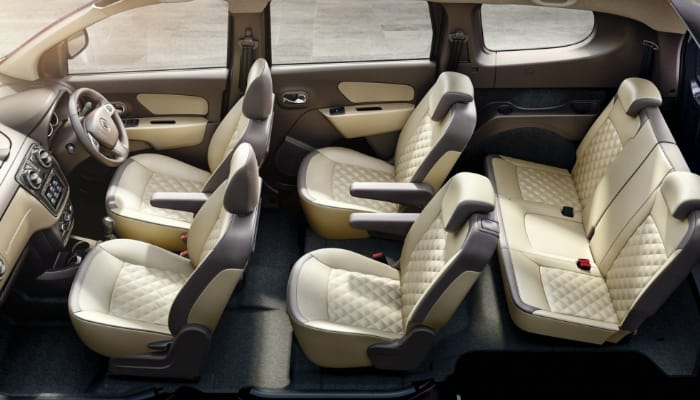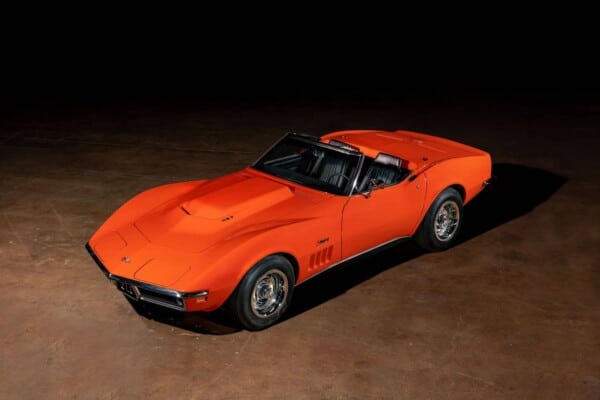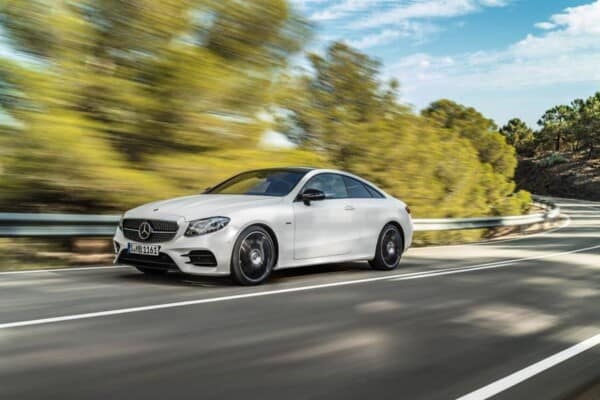Whether you want a car that is brand-new or used, from a private seller or dealership, you need to know first some important things to consider when buying a car in general. If you purchase a vehicle impulsively, then you are making yourself susceptible to regrets in the end. Keep in mind the following tips and you will be happy with your purchase for years:
Budget
Of course, you have to make sure that you have the money for a new car. However, a new car does not necessarily mean that it is brand-new. Your new vehicle can be secondhand or already used by a previous owner.
Brand-new cars are definitely more expensive, but they are more reliable when it comes to innovation, technology, and quality. Used cars, on the other hand, are way more affordable but not all are high-quality. They might have hidden damages, hence the sale from the former owner. But, there are definitely used cars that are still attractive and almost (or exactly) 100% okay from any malfunction. After all, some owners sell their vehicles only because they are buying a newer model.
Brand
We definitely recommend thinking about brands when you purchase cars. Different brands have various trademark features and designs that can fit your taste. Besides, by considering the car’s brand, you can easily read reviews about a certain model online. That is a fool-proof way to avoid poor-performance cars.
Color
This factor is all up to you. It is nice to choose your favorite color as the car’s exterior surface. Just remember that light-colored cars need more washing or cleaning. If you are a busy person and have limited time for washing your vehicle, then go for your favorite dark color.
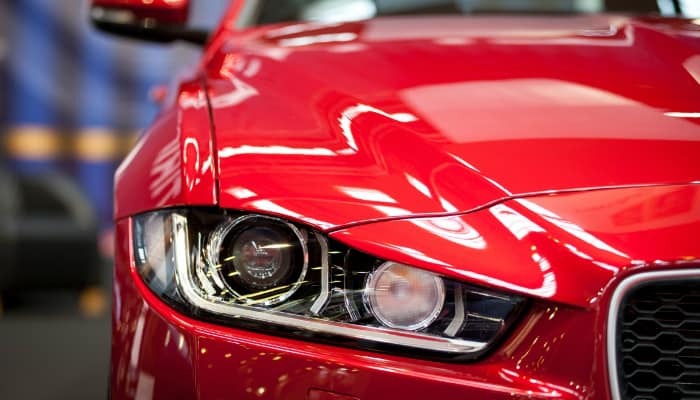
Seats
There are two factors in evaluating the seats:
Capacity
One of the most basic things to consider when buying a car is the seating capacity. Sports cars may be cool and all, but they are definitely not useful enough for daily use because of their usual two-seater capacity. Cars that can fit four passengers are enough for single people and small families. However, for big families, a buyer must definitely go for cars that have seats enough for at least seven people.

Comfort
The best seats when we consider comfort are obviously larger ones. But, they are only possible in big cars. To be fair for all sizes, comfortable seats have the perfect balance of firmness and softness. If a seat is too hard or too soft, the driver and passengers are more likely to experience back pains after a long drive. Some seats can also fully recline, so better ask the seller about that as well.
Legroom
Aside from seats, another factor for comfort is the legroom. Drivers can totally adjust their legroom but sadly for passengers, seats are usually not adjustable for them. Make sure that your future passengers can move and stretch their legs even for just a little bit while seated inside the car. If you have tall family members or friends, then you have to think more about the legroom.
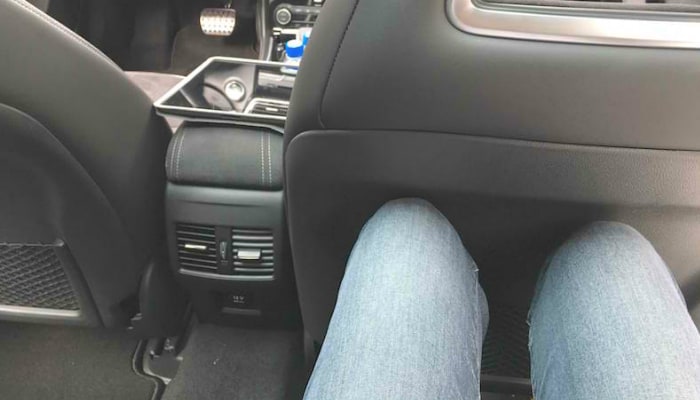
Speed
To make sure that the car can meet your preferences regarding speed, check out its engine horsepower. Another factor for the vehicle’s performance is torque.
Controls
For novices, buy a car that has a user-friendly interface. The levers and buttons for control should be placed nicely across the surface. They must be easily spotted for faster control. Some cars make it difficult for drivers to find the controls for hazard lights, headlights, central locking system, windshield wipers and other essential features. Sadly, not all of us have the time to read and comprehend the manual line by line.
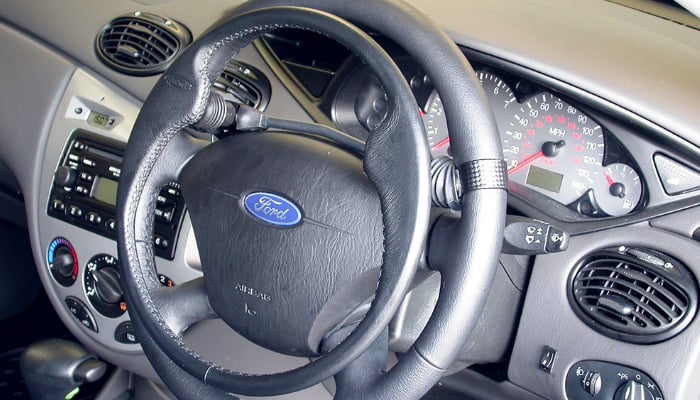
Space
If you love camping and road trips, then completely avoid small cars. Where will you put your tents, coolers and cooking tools in a compact car? Surely, you will bring some people with you in an out-of-town outdoor activity. But, you must not expect your passengers to put something on their laps, especially if it will be a long travel.
Big cars have bigger space for things, simple as that. They are perfect for families who always travel together and do a lot of grocery shopping. If you have a baby, you will have a hard time with a small car. Whenever you go out with an infant, you tend to bring several bulky things such as strollers.
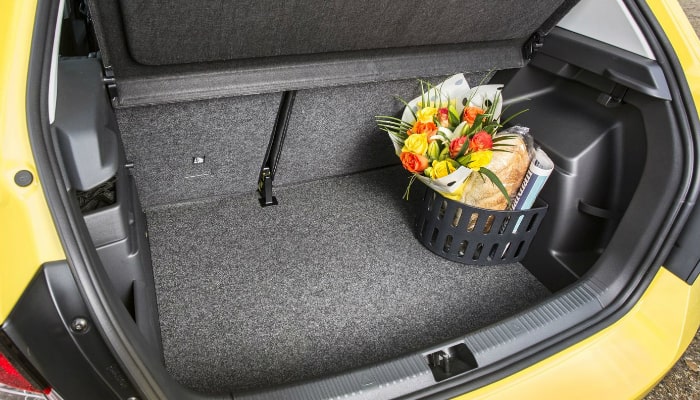
Compact or small cars are more affordable and easier to maintain or care. But, they will only be useful for people who often drive alone and do not travel much in long distances. If your route is only home-office-home every day, nothing stops you from buying a small car.
Safety
Cars do not have the same safety features, except for airbags and seat belts because both are required by law. Not all vehicles have hill descent control, brake and park assists, and sensors. So, check first if the car has these safety features before buying it.
Additional Features
If you want a brand-new car because of special features, then go ahead! These features can be so life-changing on the road, making you a super-happy driver and car owner. Examples of bonus features are charging stations, built-in headrest DVD players, and foldable tables like the ones you see when you ride an airplane.
Used cars can have additional features, too. But, this is only applicable in dealerships. And, you will most likely shell out more money.
Maintenance Services
The danger of buying a car from a private seller is that you have no one to rely on if something goes wrong. However, if you are quite skilled in auto mechanics, then it will not be a big deal.
Meanwhile, dealerships are more customer-friendly because of their maintenance services. But still, you have to be careful in choosing which dealership to patronize. Research different dealerships in your area and read reviews. A bad dealership either lacks spare parts for your car model, does not have the very experienced staff or both.
Summary
There are still more things to consider when buying a car. For more information, take a look at essential questions to ask when buying a used car. Secondhand vehicles may be the focus, but several factors are definitely applicable for brand-new cars, too.


